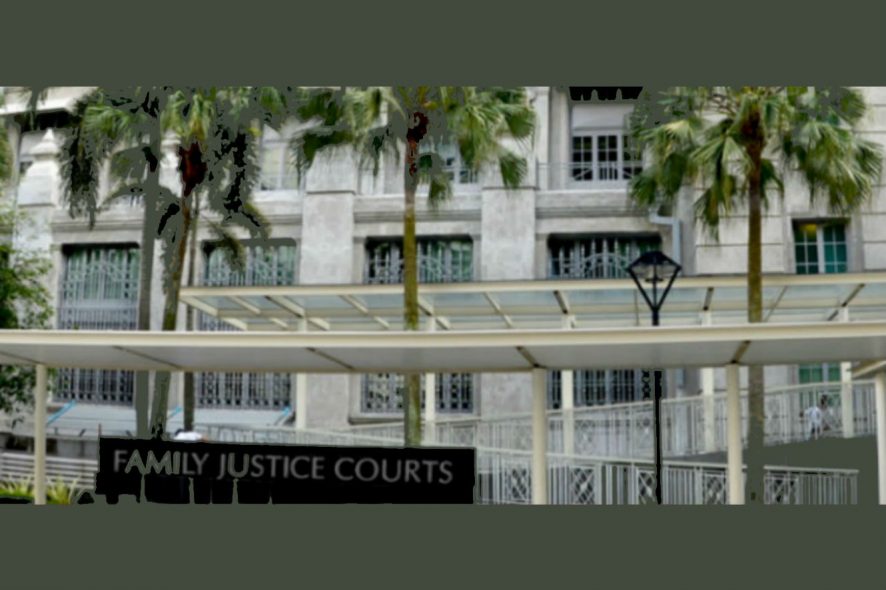District Court Appeal (Family Division): Debbie Ong, J., while granting joint custody of a child to mother and father held that the mother cannot unilaterally decide on the matter of the child’s citizenship.
In the present matter, the mother raised following issues:
(a) whether the Court had erred in law in dismissing the mother’s application for sole custody, care and control of the Child with restricted and supervised access to the Father;
(b) whether the Court had erred in law and in fact by refusing to make orders directing or ordering that in the event that the Child’s application for Singapore citizenship has been withdrawn or cancelled, or rendered unsuccessful by reason of any act or omission by the Father to complete the application process, that the Father be ordered to re- apply for the Child’s Singapore citizenship and to do all that is necessary to make the said application within 7 days from the date of this Order; and
(c) accordingly, whether the Court erred in law and in fact by not making the orders for relief sought for by the mother.
This Court expressed that there appeared to be some confusion with respect to the concepts of custody and care and control. The District Judge found that there were no fresh events that gave rise to a genuine or actual dispute in respect of the child’s citizenship.
As per the decision in CX v. CY, where there is no actual dispute between the parents over any major issues relating to the child’s upbringing, the court may make a no custody order and without the said order, both the parents remain responsible for the upbringing of the child and should continue parents responsibility over the child.
Where there have been attempts by one parent to exclude the other from the child’s life, the court can also make a joint custody order that has the psychological effect of reminding parties that the other parent has an equal say in significant matters.
Further, the Court opined that there is no legal principle that a care and control order can only be made if there are disputes over the upbringing of the child.
It was noted that the parties did not agree on the matter of the Child’s citizenship – the Mother would like the Child to obtain Singapore citizenship, while the father does not wish to apply for Singapore citizenship for the Child.
In view of the above discussion, the Bench opined that a joint custody order would be appropriate in the present matter and the said will make it clear that neither parent can unilaterally decide on matters of importance in relation to their child.
Father expressed his desire at the hearing that he may pursue shared care and control or more access when he would be able to afford a lawyer in future.
Court on noting that the mother had been the main caregiver of the child since the parties separated in June 2020, mother should be given sole care and control of the Child.
Further, the Bench added that the father should have the opportunity to build a relationship with the Child and should have reasonable access to the Child.
Did the court err by refusing to direct that the father be ordered to apply for the Child’s Singapore citizenship?
The intentions and plans of an intact family before the marriage breaks down may no longer be the same after the breakdown. The relationships have changed. Many personal decisions will have to be made to cope with life after breakdown.
Bench held that whether a child should be raised in country x or country y are personal decisions.
High Court expressed that it is not in the position to, and should not, assess and compare the sufficiency of systems and quality of life of the various countries.
“Some parents of children with Singapore citizenship relocate and give up Singapore citizenship for personal reasons, which could, for example, be a belief that the education system in Singapore is too stressful for their children. Other parents think Singapore is a safe country with an excellent education system and choose to make Singapore their home. These are personal decisions.”
Lastly, the Court held that it does not find any provision in law that accords the Child the constitutional right to an application for Singapore citizenship. It is the parent with Singapore citizenship who can make such applications.
Hence, the DJ did not err by refusing to direct that the father be ordered to apply for Singapore citizenship for the Child.
In view of the above appeal was dismissed. [VLI v. VLJ, [2022] SGHCF 8, decided on 10-3-2022]







